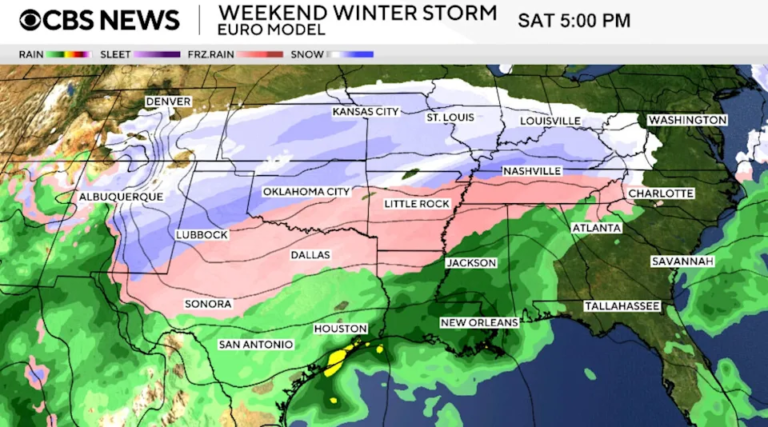In recent years, the global political landscape has witnessed a troubling shift, with autocratic regimes outnumbering democratic ones for the first time in over two decades. This development has raised concerns among experts about the future of democracy, particularly in the United States under President Donald Trump’s leadership.

President Donald Trump hugs the American flag ahead of his remarks at the Conservative Political Action Conference in National Harbor, Md., on Feb. 24. (Tom Brenner for The Washington Post)
The Rise of Autocracies
According to the V-Dem Institute’s 2024 Democracy Report, there were more autocracies than democracies worldwide by the end of 2024. Specifically, 45 countries were identified as “autocratizing,” marking an increase from 42 in 2023. This trend affects over 3 billion people, accounting for approximately 40% of the global population.
Staffan I. Lindberg, the founding director of the V-Dem Institute and a professor of political science at the University of Gothenburg, expressed deep concern over this shift. He highlighted that the current wave of autocratization surpasses that of the 1930s, both in terms of the number of countries affected and the severity of democratic erosion.
Concerns About U.S. Democratic Stability
The report also casts a spotlight on the United States, particularly focusing on President Donald Trump’s actions during his initial months back in office. Lindberg warns that if the current trajectory persists, the U.S. could be reclassified in the V-Dem’s annual Democracy Report. He points to the administration’s rapid undermining of accountability institutions, encroachments on the powers of Congress, and threats to the media and universities as alarming indicators.
Lindberg emphasizes that such actions reflect a disregard for the rule of law and existing legislation, citing attempts to alter birthright citizenship as an example. He cautions that if these trends continue, the U.S. might no longer qualify as a democracy by the end of the summer.
Global Implications and Notable Cases
Beyond the U.S., other countries have exhibited concerning signs of democratic backsliding. In Europe, Hungary’s situation continues to deteriorate, with the nation no longer considered a democracy. Similarly, Greece has seen a rise in far-right extremist parties. In Latin America, Mexico and Argentina have experienced attacks on freedom of expression, media, and civil society organizations.
Conversely, there have been positive developments. Brazil and Poland have shown encouraging signs of democratization, managing to unite pro-democratic forces and reverse previous autocratic trends.
A Call to Vigilance
Lindberg draws historical parallels, noting that the early stages of authoritarian rule often seem inconsequential to the general populace. However, he warns that complacency can lead to severe consequences, emphasizing the importance of vigilance in safeguarding democratic institutions.
The current global trend toward autocratization serves as a stark reminder of the fragility of democratic systems. It underscores the necessity for citizens and institutions alike to remain alert and proactive in defending democratic values and principles.


